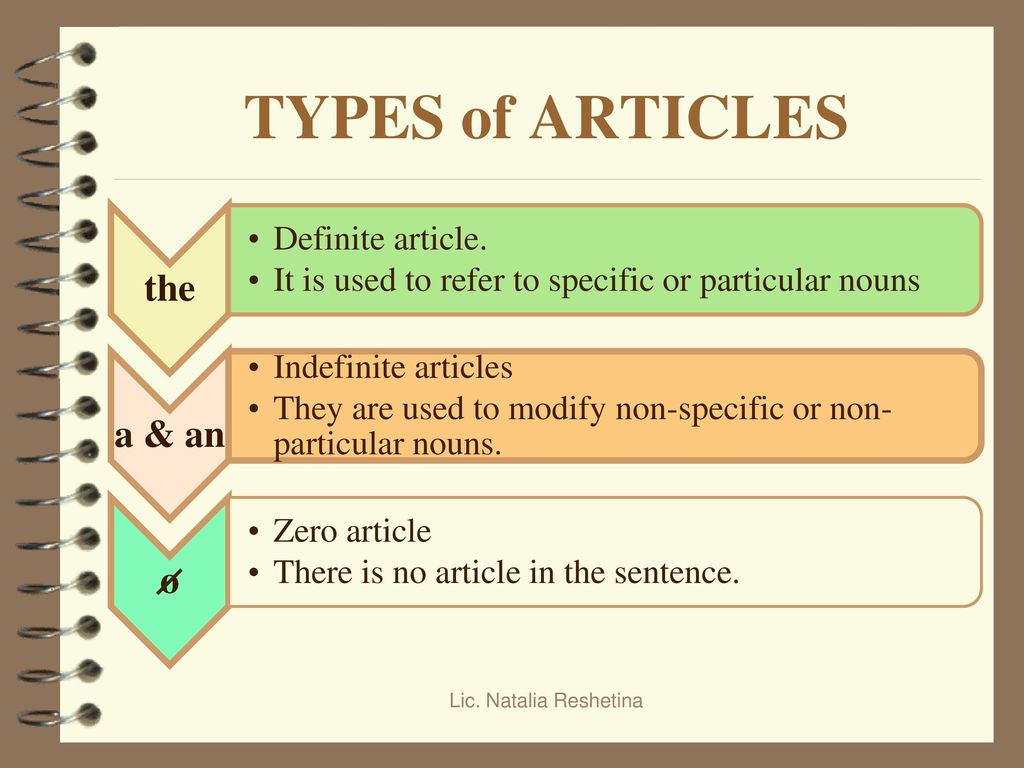Why articles is the Perfect Tool for Creating High-Quality Content
Why articles is the Perfect Tool for Creating High-Quality Content
Blog Article
The Mechanics of Articles: An Overview to Their Usages
The differences in between the definite and indefinite write-ups can dramatically alter the definition of a sentence, influencing just how information is conveyed. Common errors, such as the inaccurate application of "a" and "an" or the abuse of articles with uncountable nouns, can lead to confusion.

Kinds of Articles
When it involves comprehending the types of short articles, it is important to break down the differences that exist amongst them. Articles in the English language are classified primarily into 2 types: precise and uncertain write-ups.
The precise short article, "the," is used to describe details nouns that are known to the viewers. It indicates that the noun it changes is certain and recognizable, distinguishing it from other possible entities. For example, in the expression "the book on the table," the audio speaker indicates a certain publication that both the audio speaker and audience are familiar with.
In comparison, indefinite articles, "a" and "an," are used to refer to non-specific nouns. The option in between "a" and "an" depends on the phonetic context of the following word, where "an" is made use of before vowel noises.

Definite Post Use
The definite article "the" plays a pivotal duty in defining nouns within a sentence, allowing clear communication of concepts. Its primary function is to show that the noun it precedes is distinct or known to the viewers or audience. For example, in the expression "the publication on the table," "the" signals that a details book is being referenced, one that is recognizable in the context - articles.
" The" is commonly made use of with particular and plural nouns, as well as uncountable nouns, additionally boosting its convenience. When discussing principles, occasions, or entities that are universally identified, such as "the Earth" or "the Internet," the certain post serves to highlight their selfhood. In addition, it can be utilized with superlatives, as in "the very best remedy," to signify a details degree of comparison.
In various contexts, the precise short article likewise shows up with geographical names, institutions, and cultural referrals, such as "the United States" or "the Louvre." Understanding its suitable use is critical for accomplishing precision in language, thereby cultivating reliable interaction in both written and spoken forms.
Indefinite Write-up Use
Uncertain articles, especially "a" and "an," offer a distinct function in language by introducing nouns that are not particularly recognized to the viewers or listener. These short articles communicate a feeling of generality, indicating that the noun they customize is just one of many see here now possible instances instead of a details entity.
The selection in between "a" and "an" depends on the first sound of the following word. "A" is made use of prior to words that start with a consonant noise, while "an" comes before words that begin with a vowel sound.
Indefinite articles additionally come into play when discussing careers, citizenships, or associations. On the whole, the right use of uncertain posts enriches interaction by offering quality and accuracy about the nouns being discussed.
Typical Mistakes to Stay Clear Of
Numerous students come across pitfalls when making use of uncertain articles, which can bring about confusion in interaction. A common blunder is using "a" prior to words that start with vowel noises, such as "an honor" or "an umbrella." This mistake stems from concentrating entirely click to read more on the initial letter as opposed to the phonetic noise. Additionally, learners typically abuse their website indefinite posts with vast nouns, incorrectly mentioning "a water" rather than just using "water," which does not call for a short article.
Another frequent error includes leaving out the indefinite write-up when it is essential. For example, one might say "I saw canine in the park," disregarding to include "a." This omission can make sentences seem insufficient. Alternatively, using indefinite articles excessively can also lead to awkward phrasing, such as "I had a good time at a the celebration."
Comprehending the contexts in which uncertain articles need to be employed is vital. They are not made use of when referring to basic groups, as in "Felines are lively," rather than "A feline is playful." Recognizing these usual blunders will certainly boost clearness and precision in written and talked English.
Tips for Effective Use
To effectively utilize uncertain articles, it is crucial to understand their proper contexts and subtleties. Indefinite posts, particularly "a" and "an," are used to refer to non-specific products or to present brand-new concepts.

In addition, avoid overusing uncertain write-ups in situations where specificity is called for. Practice reading numerous messages to observe how skilled writers use uncertain posts, boosting your understanding of their reliable application.
Verdict
Comprehending the distinct duties of guaranteed and indefinite articles permits for more effective expression of concepts. Inevitably, a solid grasp of write-up use is important for effective scholastic and expert communication.
Report this page